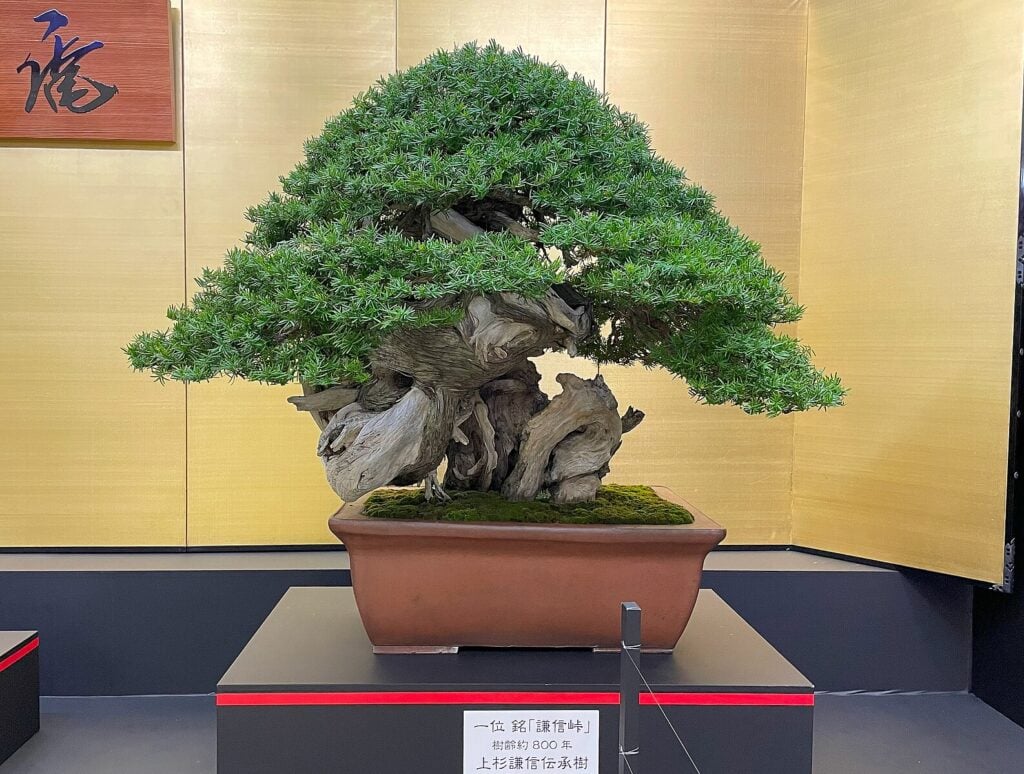
We are all the product of our life’s experiences. Everything that touches us changes us. Everything in which we train shape our brain, both literally and figuratively.
My mother was an avid collector of Bonsai. As a child, I was fortunate to have benefited from that, as some very eminent bonsai masters would occasionally visit, and some held months-long training sessions.
On one of these occasions, while the adults who’d paid a lot of money for the training were working on their little trees, the instructor took me aside and gave me a pot, some soil, tools and wire, and a little starter plant to keep me busy and out of the way.
To his surprise, and likely my own, what I created was quite passable, and the instructor used it to show the rest of the class, critiquing both the good things I did and a few things that could have been improved.
That bit of praise was enough to make me take up bonsai as a hobby. I scraped together money to buy pots and scavenged starter trees and soil from empty lots. I burned the insulation off of trashed wiring so I’d be able to use it on my trees.
At the age of 12, I started selling bonsai trees to get money so I could buy my family Christmas gifts. Some of them I sold with the promise to continue to refine them and help the buyers maintain them properly.
When shaping a bonsai, you have to work with the tree as it is. You have a vision of how you want it to look eventually, and you can use wires or weights to help bend the branches. But you can only bend them so far before they’ll break. So you have to be gentle, and make only enough change as the tree will allow. You can bend it a little more next year, or you can remove the training wires completely. But it is never ever truly finished.
A bonsai tree may outlive its owner, and must be continually refined, occasionally repotted and is something that increases in value over many years.
My years of working with bonsai have taught me patience. I’ve learned that progress is good. Perfection is a goal, but likely never to be realized. I move slowly, trying to be better along the way. When it comes to my interactions with other people, I always try to think of them as I would a bonsai tree, encouraging them to be a little bit better, but never pushing so far as to break them


You must be interested in the traditional Japanese culture. I did not know that you are interested in bonsai. Bonsai makes you relax.
I do find bonsai to be relaxing. And I enjoy the Japanese style of gardening in general- much more harmonious and like nature. 🙂